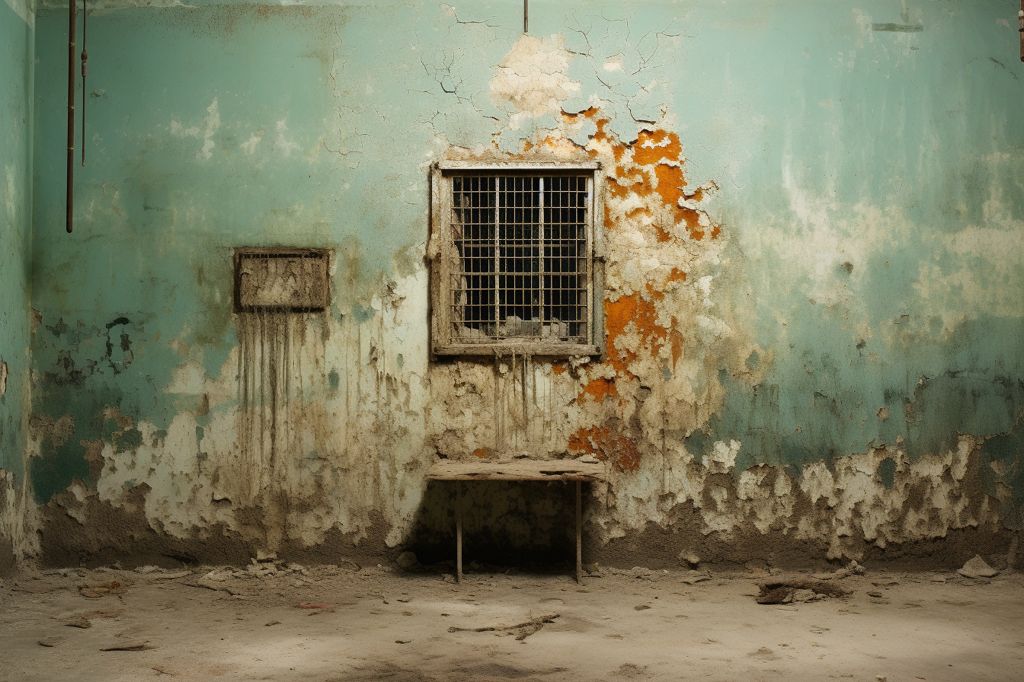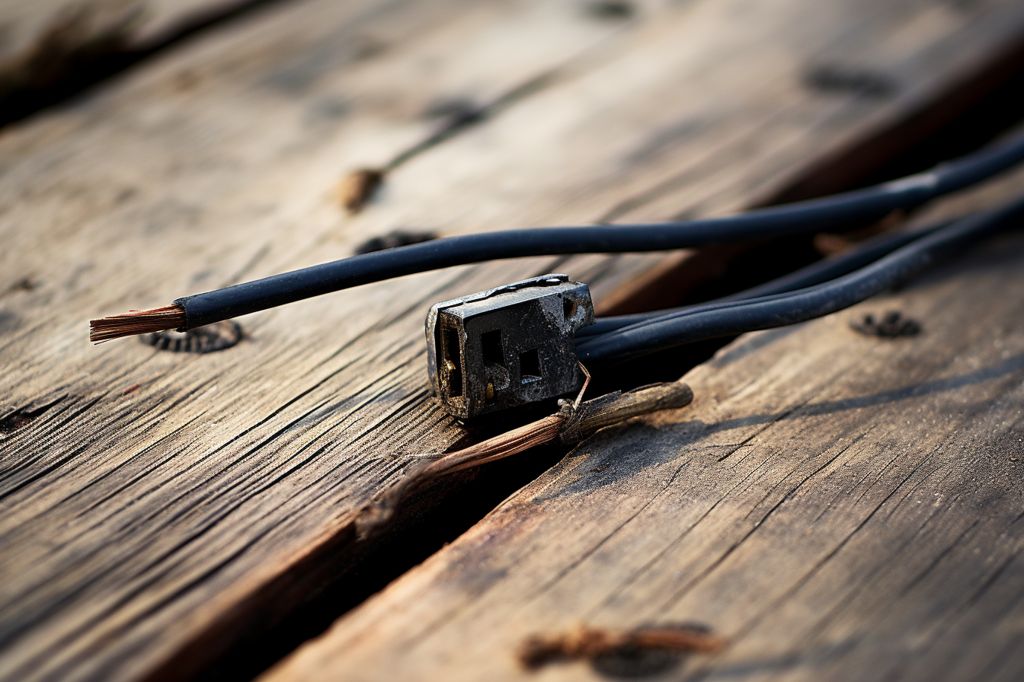The Judicial Inspectorate for Correctional Services has revealed that many prisons in South Africa are in a state of disrepair. This has raised several safety concerns for both the staff and prisoners. The Department of Public Works and Infrastructure (DPWI), responsible for repairs, has been unresponsive or slow to act, despite an impressive budget of over R8-billion. The Parliamentary Committee overseeing prisons has only been informed of the most severe cases, leaving lesser-known issues unaddressed.
Examples of Prisons in Disrepair
Stanger prison
Stanger prison is in a decrepit state with hazardous asbestos roofing that leaks during heavy rainfall. Moreover, the low roof height forces inmates to sleep on the floor, violating their human dignity.
Durban Medium B prison
Durban Medium B prison has leaks, peeling paint, and mold growth on the walls. The overcrowded cells exacerbate hygiene and sanitation problems, with some cells housing over double their maximum capacity.
Pietermaritzburg Medium A prison
Pietermaritzburg Medium A prison‘s condition is abysmal, hot water has been unavailable for years, and plumbing is perpetually blocked. Overcrowding is rampant, with single cells designed for two inmates housing three or four individuals.
Persistent Issues
Similar problems persist in prisons across the country, from Port Shepstone to Mount Fletcher. The Department of Correctional Service’s personnel are dismayed by the conditions and are eager for relief. Unfortunately, their requests for repairs often go unanswered by the DPWI.
Possible Solutions
At a national level, strong, corruption-free leadership and rigorous accountability are needed to implement effective systems. More practically, the DPWI and DCS should consider reverting to a previous policy, which allowed correctional centers to manage a wider range of maintenance issues themselves. Alternatively, the DPWI could appoint a top-level official to focus specifically on prisons, ensuring that necessary work is completed promptly.
The poor state of South Africa’s prisons is a threat to human dignity and safety. By addressing this crisis, the country can take a step forward in fulfilling the promises of dignity, education, training, rehabilitation, and reintegration enshrined in the 1998 prisons statute. Nelson Mandela once said that a nation is judged by how it treats its most vulnerable citizens. It is crucial to address the issue of crumbling prisons for the dignity of prisoners and the nation as a whole.












